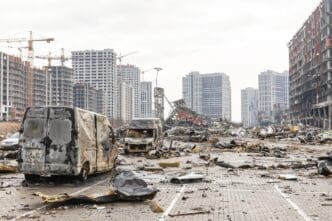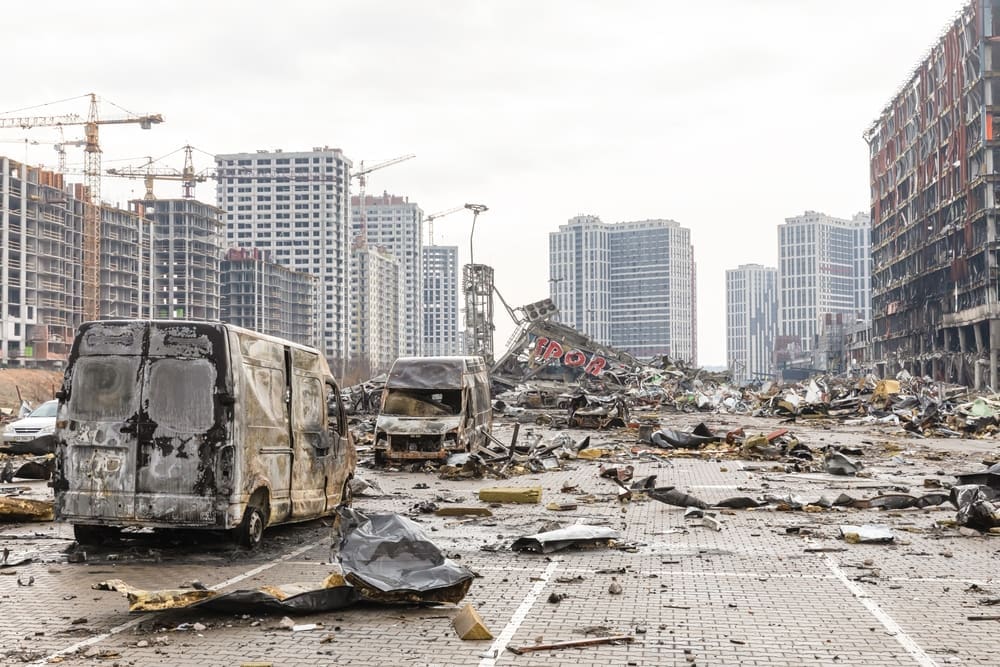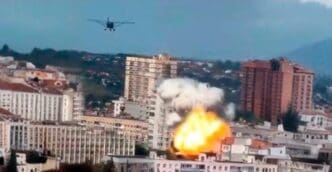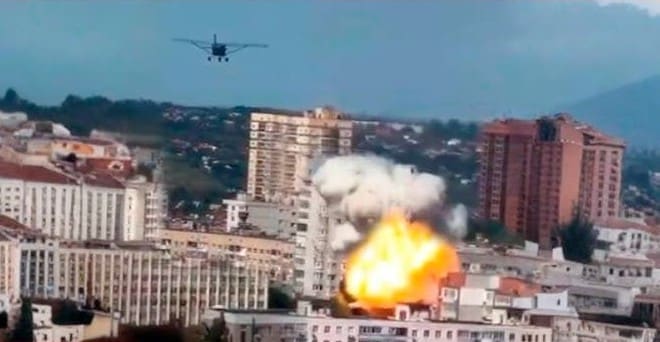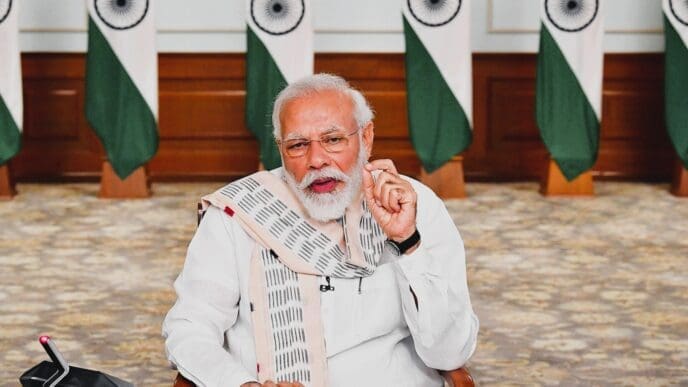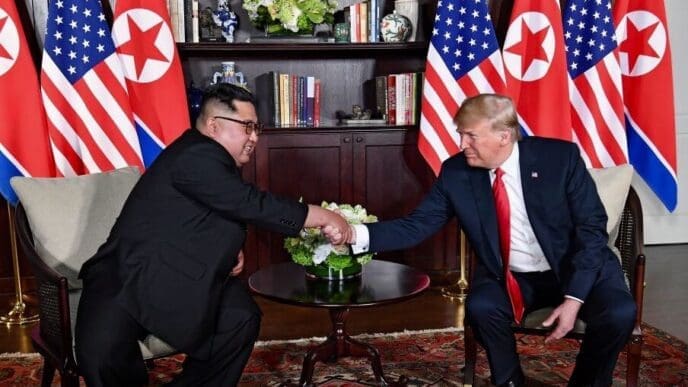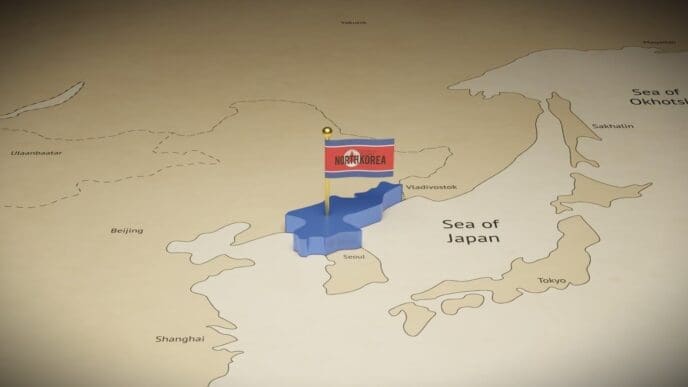Russia executed a significant overnight assault on Ukraine between Wednesday and Thursday, deploying a total of 145 Shahed and decoy drones. This aggressive action targeted various regions, including Donetsk, Kharkiv, Kyiv, Khmelnytskyi, Poltava, and Mykolaiv, resulting in both injuries and substantial material damage.
In Mykolaiv, located in the south, at least 10 individuals sustained injuries when residential buildings were hit, leading to damage to apartments and personal belongings. The local governor, Vitaliy Kim, expressed his condemnation of the attack on social media, calling for an end to the terror. Meanwhile, in the central-eastern region of Poltava, Mykola Riznyk, head of the Opishnia community, reported that Russian shelling injured one person and damaged parts of the town.
A local resident, Ivan Chaban, described the harrowing experience of the attack, recounting the intense heat and shattered glass that injured his leg. The powerful blast wave caused extensive damage, wrecking a car and blowing out the garage and the vehicle’s headlights.
The Ukrainian Defence Forces responded to the Russian offensive with aviation forces, anti-aircraft missiles, electronic warfare units, and mobile fire groups. These efforts successfully intercepted and shot down 85 of the incoming drones. Additionally, 49 drones reportedly went off radar and failed to reach their intended targets.
The Institute for the Study of War reported that Ukrainian Commander-in-Chief General Oleksandr Syrskyi confirmed an escalation of Russian attacks across all major fronts. He noted the initiation of new offensive operations in the eastern regions of Sumy and Kharkiv.
The Evolving Landscape
The latest escalation in drone attacks on Ukraine underscores the persistent volatility and danger facing the region. For residents in affected areas, such as Mykolaiv and Poltava, these assaults pose ongoing threats to safety and well-being, impacting daily life with the constant risk of injury and property damage. The community’s resilience is continually tested, as locals are forced to adapt to the uncertainty and disruption caused by such military actions.
On a broader scale, the intensified conflict affects Ukraine’s infrastructure, economy, and overall stability. The need for robust defensive measures and international support becomes increasingly vital as the nation navigates these challenges. The situation also highlights the importance of diplomatic efforts to de-escalate tensions and seek peaceful resolutions to prevent further harm to civilians and damage to the country’s infrastructure.
